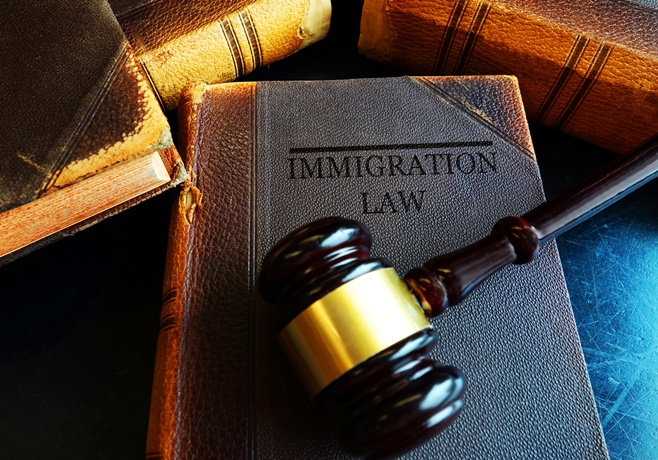KEY PROGRAMS
Through the many services Immigrant Legal Services provides to its clients, there are five key areas of focus that we truly aim to focus our time and attention with our limited resources. These areas of focus are as follows:
Asylum: the protection granted by a nation to someone who has left their native country as a political refugee. There are 2 different forms of asylum: affirmative and defensive.
Affirmative Asylum. Affirmative asylum is an application that can only be requested by people who are not in removal proceedings.
Defensive Asylum. Those who are in removal proceedings can apply for asylum through defensive asylum
There are only 5 possible issues for a person to be able to apply for asylum:
- Race
- Religion
- Nationality
- Membership in a particular social group
- Political opinion
Victims: So many individuals applying visas are actually victims of crime. The asylum victims are usually running from persecution and violence; VAWA victims are fleeing domestic violence from their spouse; U-Visas are individuals that are victims or witnessed the crime and are willing to help the prosecution; and T-Visas are those individuals that are victims of trafficking.
Family Reunification: Family immigration accounts for the largest amount of visa’s granted in the US. According to the United States Citizenship and Immigration Services (USCIS), family reunification cases include: “spouses, unmarried children under 21, and parents of persons lawfully admitted to the United States as refugees or asylees or permanent residents (green card holders) or U.S. citizens who previously had refugee or asylum status.” However, not everyone can sponsor a family member to come to the United States. In order for a person residing in the United States to sponsor a relative to come to the United States these sponsors must be either a US citizen (USC) or a Lawful Permanent Resident (LPR) and prove that they can support their family member at 125% of the poverty line..
Juveniles: There is a designation for a small group of the immigration population that focuses solely on kids. The kids at the border. The kids on the top of trains, alone without any family. These kids come to us with their horrible journeys, a potential guardian, and their desperate hope for a future where they can go to school safely.
DACA/Citizenship: DACA is an administrative relief that protects eligible immigrants who came to the United States when they were children from deportation. DACA gives undocumented immigrants: 1) protection from deportation, and 2) a work permit. The program requires that the DACA status and work permit be renewed every two years. However, DACA is not a path to citizenship.
